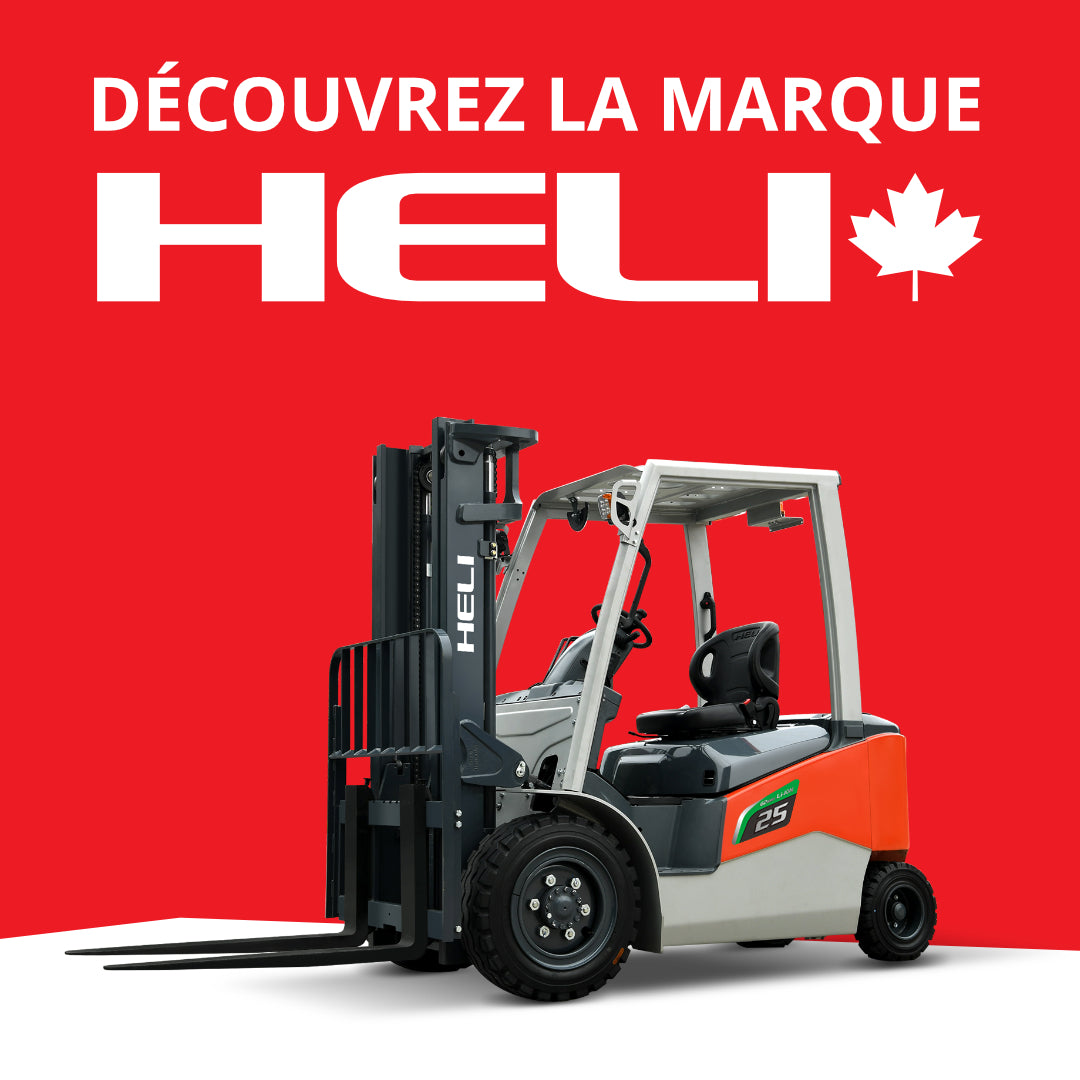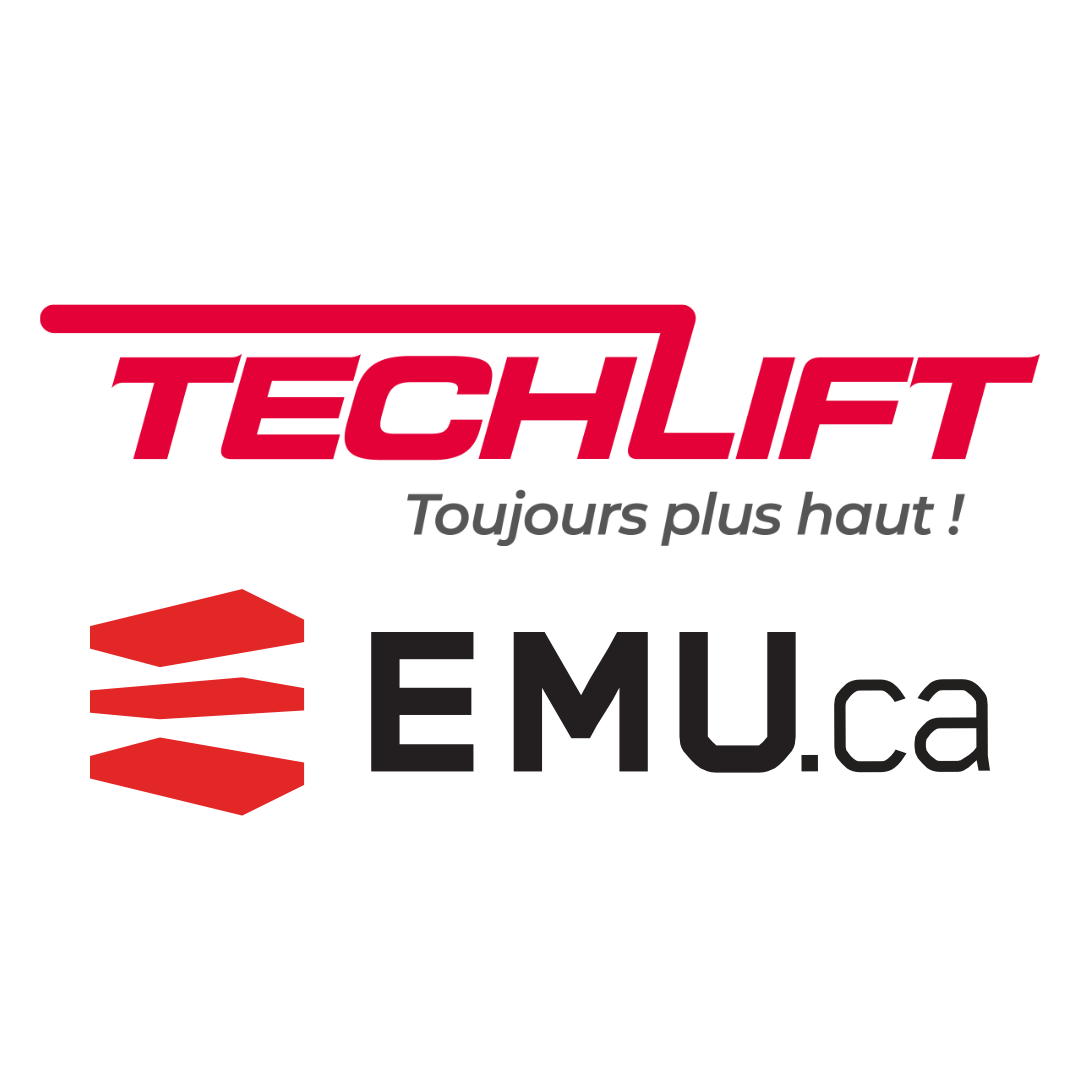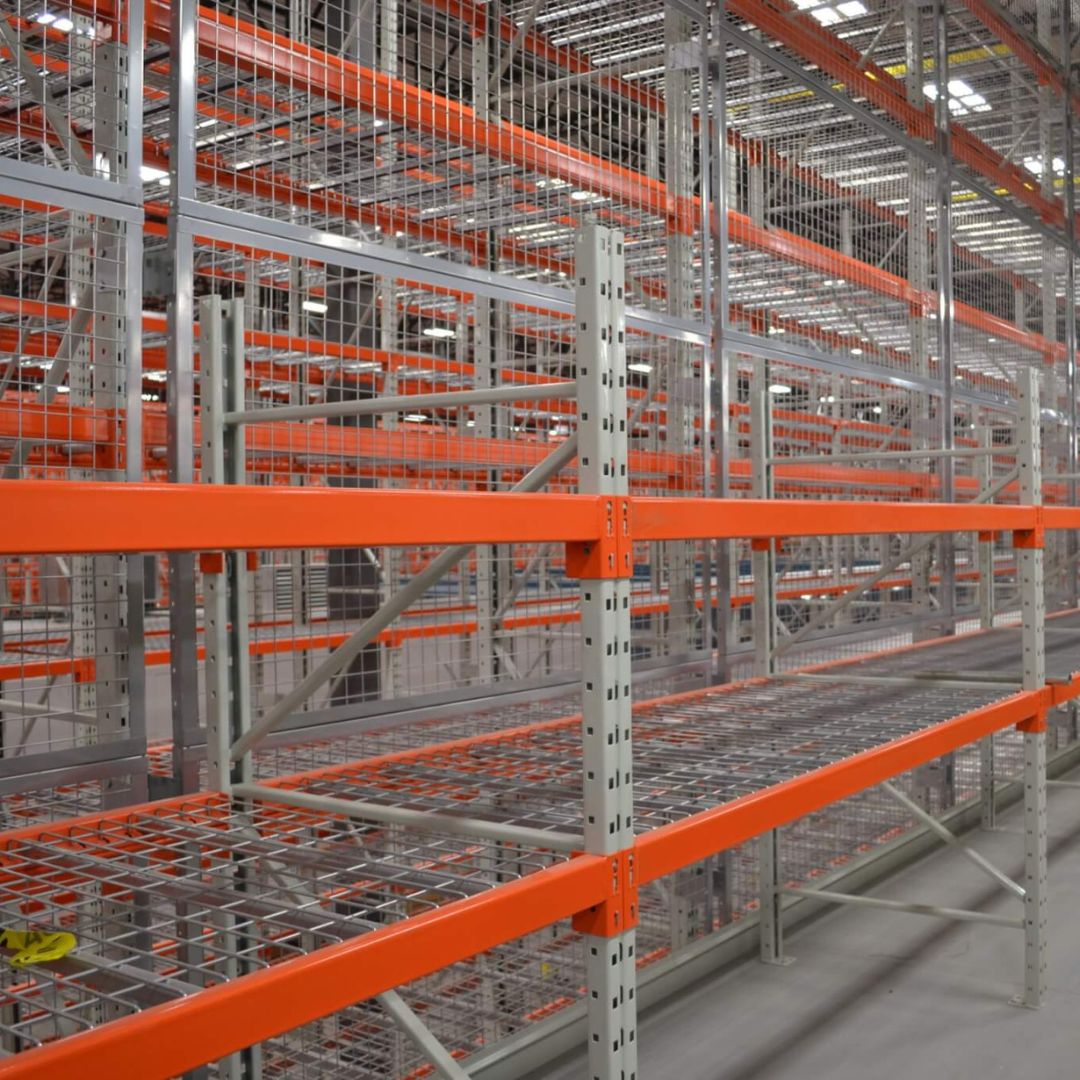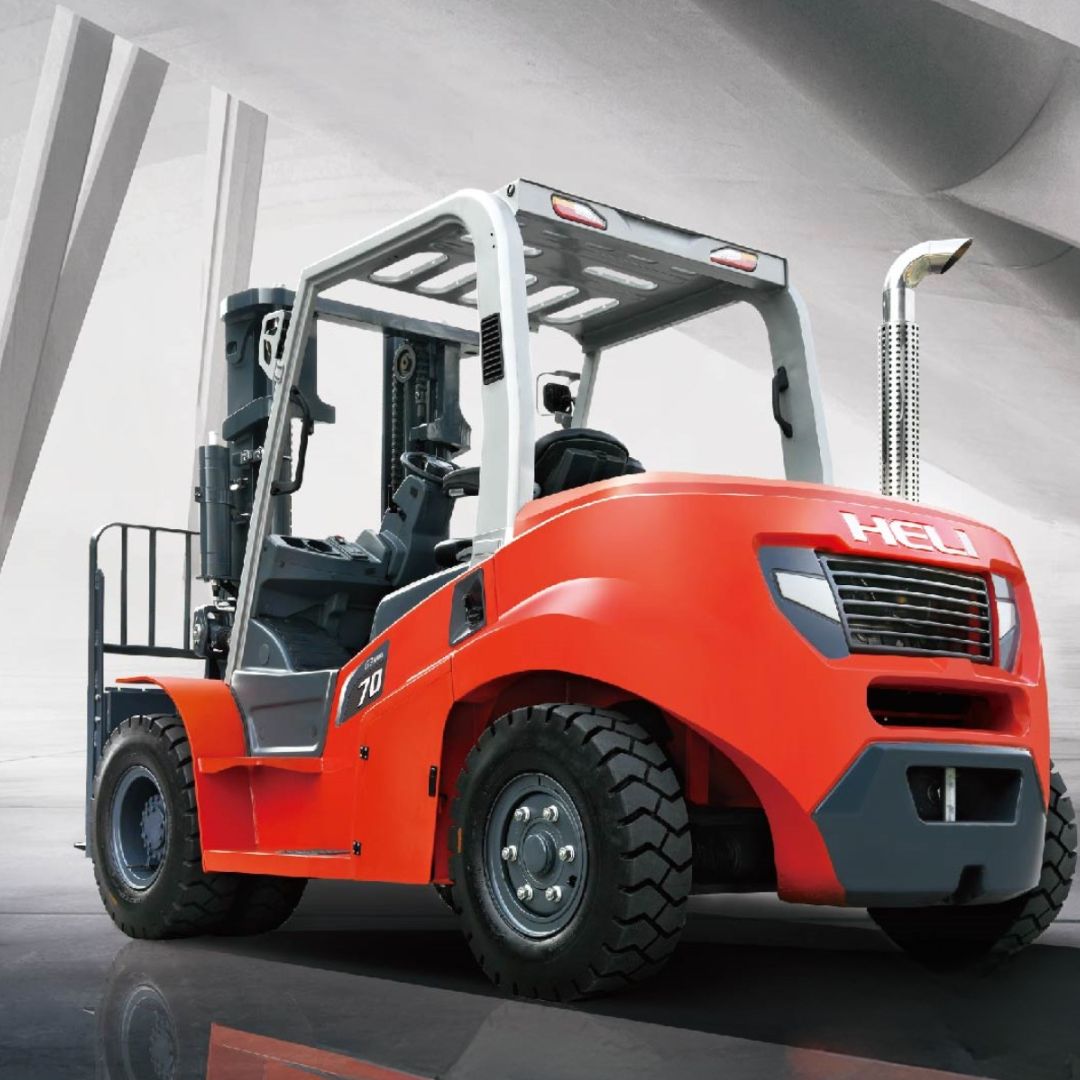In the logistics, warehousing, and distribution sectors, managing handling equipment is a major challenge. Purchasing a forklift isn't always the most suitable solution, especially when needs change rapidly. Renting a forklift is therefore a flexible and strategic alternative, capable of meeting one-off or seasonal requirements.
 Why consider renting a forklift?
Why consider renting a forklift?
Several situations may justify renting:
Meeting Seasonal Increases in Activity
During periods of high demand, it is often necessary to temporarily increase handling capacity without tying up capital on permanent equipment.
Ensuring continuity in the event of maintenance
Renting allows for rapid response to breakdowns or extended maintenance, thus avoiding any interruption to operations.
Limit Initial Investments
Leasing is particularly attractive for businesses that prefer to spread their expenses rather than invest heavily in purchasing.
Test equipment before purchase
It offers the opportunity to evaluate a specific model in your work environment before committing to a lasting investment.
 Items to consider before renting
Items to consider before renting
Before taking any action, it is essential to clearly define your needs to ensure consistency between the rented equipment and the context of use:
Intended Use
Nature of the loads to be handled, environment (indoor, outdoor), frequency and duration of use. These parameters guide the choice of the appropriate model.
Rental Term
A short-term contract differs from a multi-month rental, both in terms of terms and technical recommendations.
Site characteristics
Access, aisle dimensions, floor type, and specific constraints are essential criteria to ensure the truck's compatibility with the location of use.
Insurance
Most rental agreements require proof of liability insurance to cover risks related to the operation of the equipment.
Administrative Documents
Having billing information and, if necessary, proof of solvency or credit application can streamline the process.
What should you expect during the rental period?
Once the equipment has been delivered, several points must be taken into account to ensure proper management:
Maintenance
The supplier is responsible for regular maintenance, except in cases of misuse or accidental damage.
Operating Expenses
Fuel, electric charging, and specific accessories (clamps, fork positioners, etc.) remain the responsibility of the renter.
Operator Training
This may be essential, especially if the rented model differs from the equipment normally used.
Receiving Equipment
A visual inspection upon delivery is recommended to ensure the equipment is in good condition.
 And then? Evaluate, adjust, decide
And then? Evaluate, adjust, decide
Renting also allows you to take a step back and assess your real needs. By analyzing the performance of the rented forklift, its frequency of use, and its relevance to the workflow, a company can reevaluate its equipment strategy in a more informed manner.
Why choose EMU for forklift rental?
At EMU, forklift rental is part of a comprehensive support approach. Beyond providing reliable equipment, EMU offers an integrated service that includes technical assistance, preventive maintenance planning, and operator training when necessary.
This approach aims to ensure optimal operational continuity while providing the flexibility required to adapt to fluctuations in business. Leasing can also be a preliminary step to an investment, allowing businesses to evaluate equipment in real-world conditions before purchasing.











